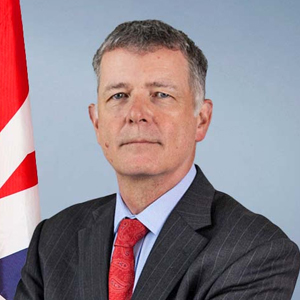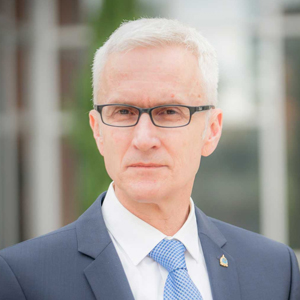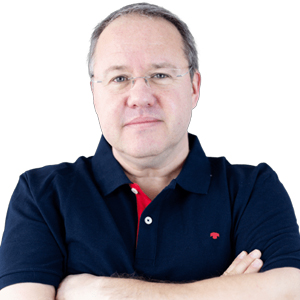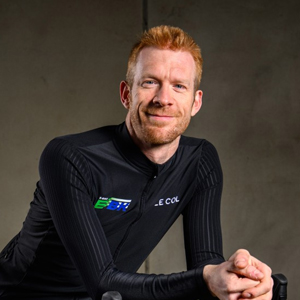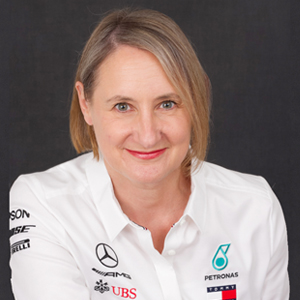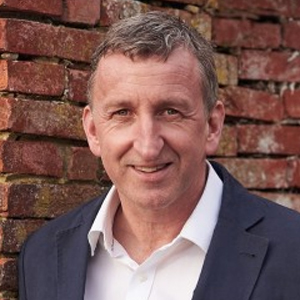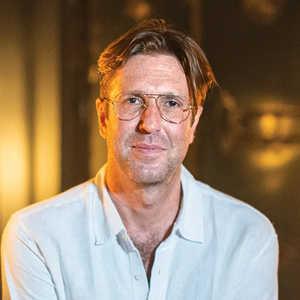Dr. James Hewitt is a Human Performance Scientist, best-selling author and a leading expert in sustainable high performance. James has worked with the world’s top performers, from F1 teams to Fortune 500 companies, equipping them to achieve elite performance without burnout.
A former elite racing cyclist turned scientist, James earned a PhD in Performance Science and now serves as a Visiting Fellow at Loughborough University, ranked #1 in the world for Sport, Exercise and Health Science (QS World Rankings). His work sits at the intersection of neuroscience, organizational psychology, and elite sport, enabling him to translate advanced research into practical strategies for high-performing workplaces.
James is the creator of Regenerative Performance™—a science-based framework used by Fortune 500 companies, elite sports teams, and high-growth organizations to build capacity, enhance resilience, and drive measurable business results without burnout. His best selling book, Regenerative Performance, distils this framework into a practical guide for thriving in an always-on world.
Through his consultancy, The Knowledge Work Lab, James designs real-world performance experiments inside organizations, from Formula 1 paddocks to global boardrooms. These projects go beyond traditional consulting— offering executives live data, brain-based insights, and tailored interventions that boost productivity and wellbeing simultaneously.
James’s approach is trusted across industries including finance, technology, pharmaceuticals, aerospace, insurance, hospitality, consulting, and sport, where complexity is high and stakes are even higher.
A sought-after keynote speaker, James has delivered compelling sessions in over 30 countries, including the World Economic Forum in Davos and the Global Leadership Summit. His high-energy keynotes combine original research, compelling stories, live demonstrations, and actionable insights, entertaining and empowering audiences to perform at their best without sacrificing their well-being in our increasingly ‘always-on’ world.

